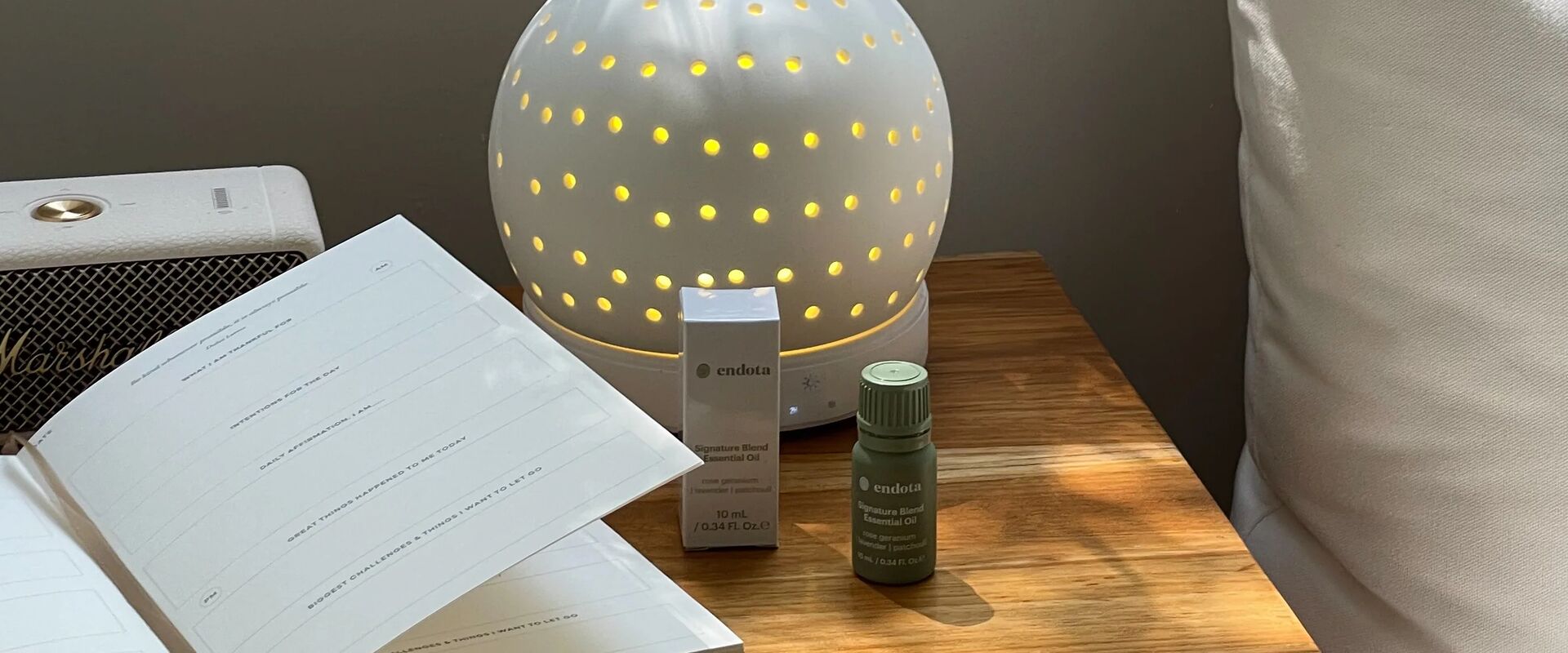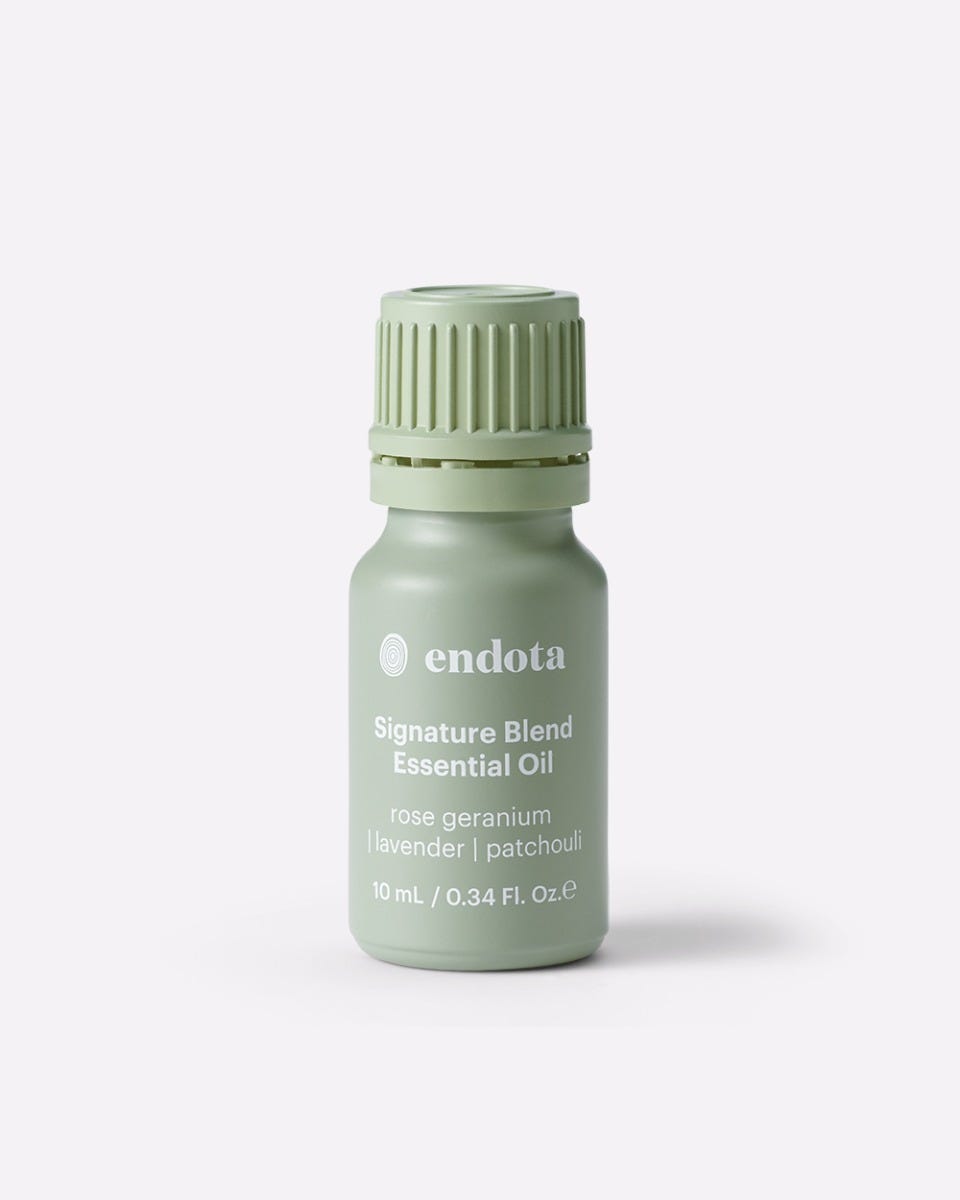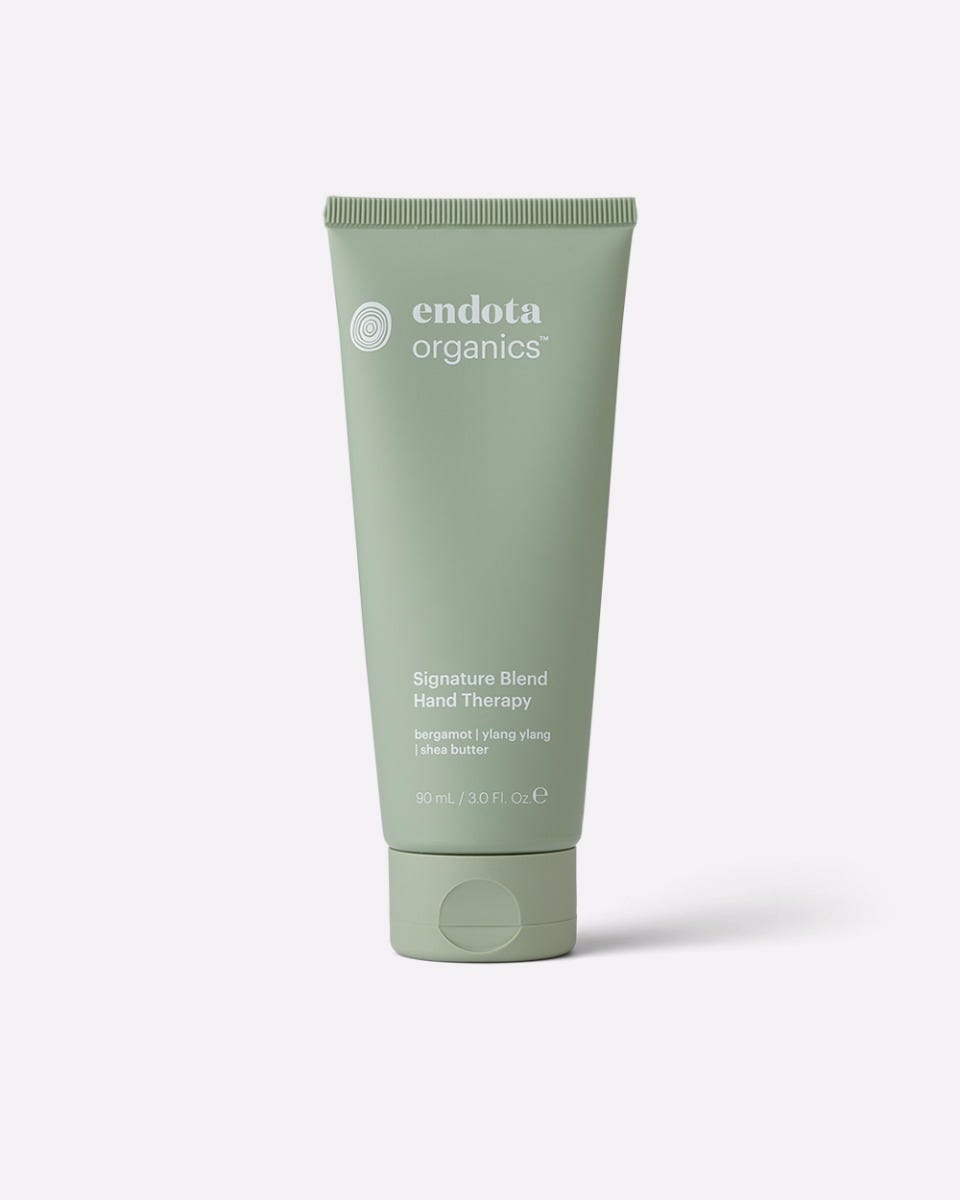Quality of sleep can significantly impact your health, wellbeing and every aspect of your life. Your skin can reveal the effects of peaceful or disrupted slumber even after a single night. They don’t call it beauty sleep for nothing.
Giving your body adequate time to rest and restore can help protect your mental and physical health, quality of life and safety1. Sleep is closely linked with hormonal health, while hormonal balance regulates our sleep cycles.
Bedtime biology
When it comes to sleep, there are two key hormonal players: cortisol and melatonin. Cortisol is the body’s built-in alarm clock and it generally peaks at around 8am, steadily decreasing throughout the day. Melatonin increases later in the day as a response to decreased light exposure, helping regulate our sleeping and waking patterns. When we don’t get enough of it, we can have trouble sleeping2.
So how do Australians fare when it comes to bedtime behaviour? According to the Sleep Health Foundation: not so well. In fact, one in three of us regularly struggle with our sleep. To help you have a more restful night’s rest and transform your sleep cycle, we have compiled some simple ideas and recommendations anyone can try.
Six ways to transform your sleep cycles
1. Dim the lights
Giving your hormones a helping hand can be as simple as following the sun’s natural rhythm and aligning your light exposure with it. Try to rise with the sun and aim to get as much natural light as possible throughout the day. As the sun sets, use dim lamps or candles to illuminate your home and avoid sources of bright light3.
2. Put the phone away
Electronic devices and screens shine blue light directly into your eyes which can directly impact the production of melatonin and our ability to sleep4. So turn off your device well before bedtime and opt for a good book instead.
3. Soaking for sweet slumber
Evening rituals are a fantastic way to relax your body and prepare for sleep. Taking a warm bath can help loosen any tight muscles and ease your body into a more relaxed state, signalling that it is time for bed. endota’s Mint & Macadamia Recovery Bath can be a great addition to your evening routine, helping you de-stress and relax after a hectic day.
4. Caffeine-free comfort
Avoid caffeine and late night snacks that can keep your body working overtime. Instead of reaching for the snack jar, try opting for a warm cup of herbal tea. The endota Rest & Restore Sleep Tea is 100% caffeine-free and has been specially blended to help you wind down.
5. Bedtime blackout
Light can disturb your sleep cycle and confuse your brain into thinking it is time to wake up. Sleep masks, such as the endota silk sleep mask, are a great way to block sources of light when you’re ready to rest. Particularly helpful for those who travel frequently or work night-shifts.
6. The evening essentials
Essential oils such as lavender are known for their relaxing properties and are a popular choice when establishing bedtime rituals. Use a diffuser or keep an essential oil roller ball next to your bed and apply to your wrists and temples as part of your relaxation ritual. The endota sleep sound roll on has been carefully designed to soothe the senses before bed. The organic Deep Hydration Face Moisturiser is also a great way to renew and nourish your skin after a long day.
Sleep is giving your mind and body much needed rest. It's also when your body is hard at work repairing itself. If you find yourself struggling to get a good night’s rest, try implementing some of the above suggestions for 30 days and see if you notice a difference in your complexion, energy levels and general mood.
Sweet dreams!























